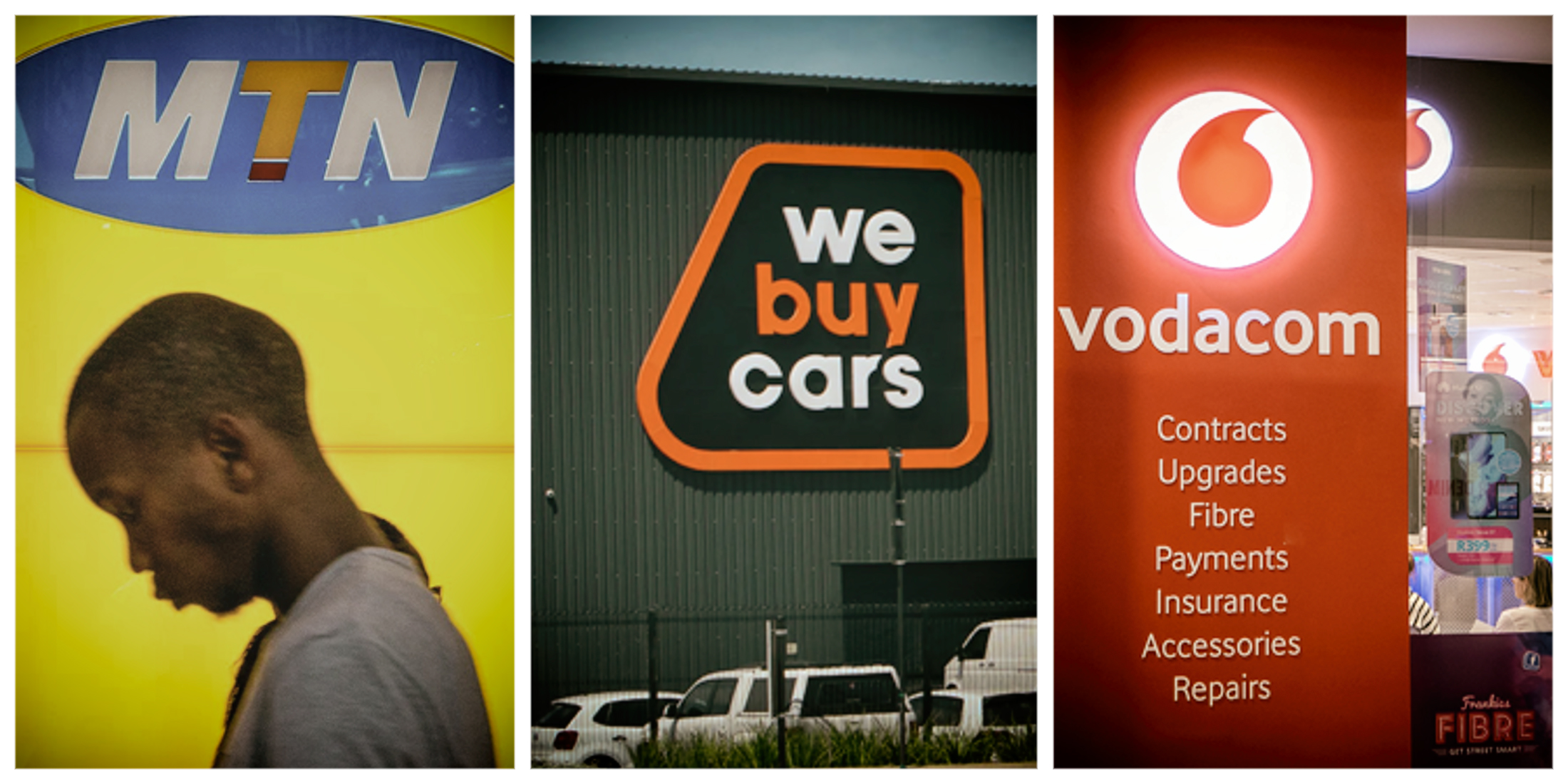Fair warning at MTN
Those who were caught on the wrong side of the MTN share price in the past week really can’t complain about what happened to them.
After all, the company releases the results for its African subsidiaries ahead of the group numbers, so this makes the direction of the numbers fairly predictable – and it was clear that they weren’t going to be pretty. Despite this, the market seemed only to react to the problems at MTN after the group numbers came out.
Nigeria is the major problem child in MTN, and the rest of the group is a mixed bag. MTN is chasing growth in Africa because South Africa is a mature market. When it works, it works beautifully.
MTN Uganda is a perfect example, with ebitda up 19.6% in the latest quarter, and the ebitda margin moving slightly higher year on year to 52.0%. These are the sorts of numbers that attract the likes of MTN (and Vodacom) to these territories.
But in Nigeria, the company is explaining to shareholders how it will stem the losses and fix its balance sheet – and Nigeria is a much bigger business than Uganda.
Based on reported numbers (rather than a constant currency approach), MTN suffered an 18.8% drop in group service revenue and a 28.7% decrease in group ebitda. This means there was substantial margin contraction in ebitda, down 580 basis points to 37.9%.
For now at least, holding company leverage is still manageable and there aren’t major fears about the balance sheet, but the pressure is on at MTN Nigeria to navigate that country’s currency crisis.
It’s not just MTN…
Compared with MTN’s hot-and-cold antics and the general issues in the telco space, Vodacom has been seen as the safer option, with a dependable dividend. Yet here we are, with results out for the year ended March 2024 and a drop in the dividend per share of 11.9%.
Much like at MTN, the blame can be laid at the door of volatile currency exposure in Africa. Unlike MTN, Vodacom’s problematic exposure is in Egypt.
It is playing the long game here, with the recent acquisition in Egypt taking that country’s contribution to about a quarter of group revenue. That’s all good and well, but did Vodacom shareholders really sign up for this volatility?
WeBuyCars off to a good start
WeBuyCars released results for the six months to March and it was of critical importance that they were good. Getting off to a disappointing start as a listed company is a difficult thing to recover from.
Thankfully, volumes were up and so were higher average selling prices. It managed to grow revenue by 15.9% and core Heps by 26.1% despite opening only one additional car supermarket in the period.
This talks to efficiency and throughput, which means improved inventory turnover ratios and a spectacular jump in cash generated from operating activities of 96.6%.
In case you saw headlines about Heps swinging into losses, this was because of transaction costs for the listing and other gains and losses like adjustments to the call option derivative asset relating to the non-controlling interest. In simple terms, though Heps is usually reflective of how the business is really doing, that isn’t the case here. Core Heps is the metric to focus on.
The group will potentially declare a dividend when full-year results come out, with a planned payout ratio of 25% to 33% of headline earnings. DM
This story first appeared in our weekly Daily Maverick 168 newspaper, which is available countrywide for R35.






